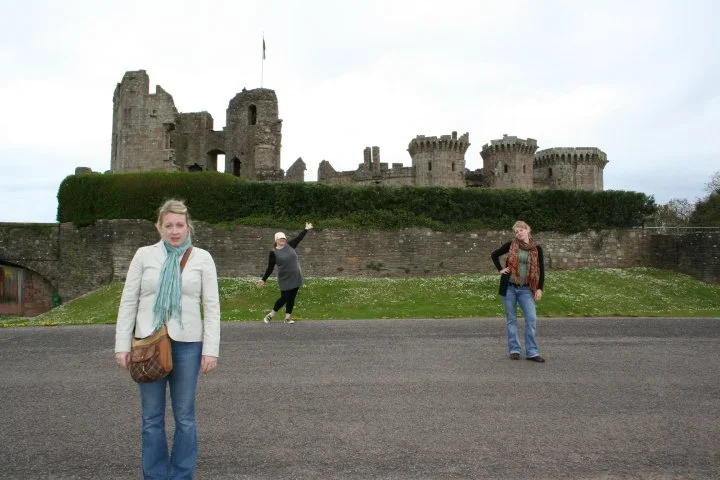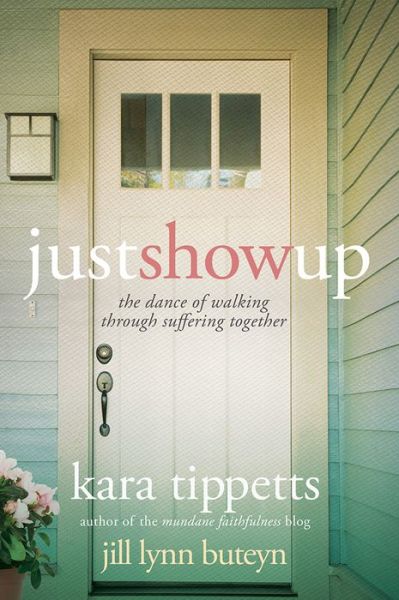by Caitlin Lieder and Blythe Hunt
Last week Caitlin shared on Velvet Ashes about betrayal. She tells the story of betrayal by a family member 5 years ago; as I read, I was taken back to that situation as though it happened yesterday…
Betrayal is awful—it takes you by surprise, lying to you about who you are and what you believe, making you doubt yourself and those around you. At first you examine your heart to see where you’ve sinned, but the uniqueness of betrayal takes you a step further until you’re wondering if you’re crazy. You fight anger and resentment. You can’t shake off betrayal like other things—you realize you weren’t safe with that person, that you gave them a piece of your heart and they treated it like trash. You have been violated and disregarded. You wonder if you will ever trust again and if you do, if there is anyone who can actually be trusted.
I’ve experienced betrayal as a ripple effect because of that person’s original actions—betrayal by friends I thought were safeguarding my heart, people I thought I could trust and whom I thought trusted me, friends who apparently didn’t share the same definition of loyalty that I did. It’s been excruciating, to say the least. It has made me even more grateful for the friends who stood by me, speaking truth into my heart and affirming me in my identity as God’s child.
Perhaps the hardest part of that betrayal for me was when I decided to forgive; I would have much rather wallowed in anger and self pity. I wanted to tell the whole world about this toxic person and how hurt I was. Instead, God reminded me that even though I didn’t want to believe it, I was no better than my betrayer—we are both sinners, and I am no less a sinner than she. Every day I have to choose to forgive. And I have to forgive the consequences of her betrayal that continue to play out even 5 years later. I was the victim, so I had to pay the price of her betrayal, but I also have to pay the price of forgiveness; Jesus has already paid the ultimate price for that sin, and I have no authority to withhold it. Not forgiving would only give my betrayer control over me and cause me to wither in bitterness. And I don’t want my identity to be formed by being a victim—I want it to be formed by being forgiven.
I choose hope. I choose joy. I choose forgiveness.
Caitlin and I walked that betrayal together, leaning on each other and our sister Erin to navigate the brokenness and grief of losing a relationship but a part of our selves, too. I am incredibly grateful for God’s faithfulness to us in that painful loss, and grateful for how it has deepened our understanding of God’s grace and mercy. Caitlin’s story makes me sad, but her wisdom points me straight to Jesus—the source of our hope—and for that I am glad. You can read excerpts below or go here to read the full post.
Betrayal is not just a loss of trust in that person. It is also a loss of the sense of self. I had so many questions like, Why did she betray me? Did I deserve this? What is wrong with me? The part of my personality that came out when she was around was lost. The part of me that was known by her was gone; I felt hung out to dry and suddenly very insecure. I went through a grieving process, trying to understand why she chose to leave and betray me.
In general, I feel that I’ve dealt with that pain, but every once in a while, something else will happen or someone will say something that triggers my sadness or my anger. And I have to deal with it all over again. The betrayal I’ve experienced is one that will likely not be redeemed on this earth. So I have to ask God for forgiveness of my anger and then I have to forgive the betrayal, which hurts all over again. As my sister reminds me often, forgiveness doesn’t mean trust or reconciliation (although that would be wonderful!); it means sacrifice. When I forgive this person, I sacrifice my own desire for compensation and justification. Her sin against me has already been justified on the cross and I cannot hold it over her.
I’m not saying this is the process for all of us. What I am saying is that betrayals hurt and that pain is completely valid. I hope the next time you see your betrayer, you will have a little more peace and trust that Jesus has paid for that sin. I hope you will cry out to God, who is our comfort and knows ultimate betrayal. I hope that you will continue doing what He has called you to and not let the betrayal entrap you and keep you down, especially from Kingdom work.
And I also hope that my betrayer will be with me in Heaven so that we can embrace one another and perfectly forgive each other. That mental picture always adjusts my perspective and encourages me to not dwell on the past but to focus on where I am called to serve today. Maybe you can’t have that hope right now. If not, that’s okay; we always have hope that our tender God is constantly working out the redemption of betrayal.




